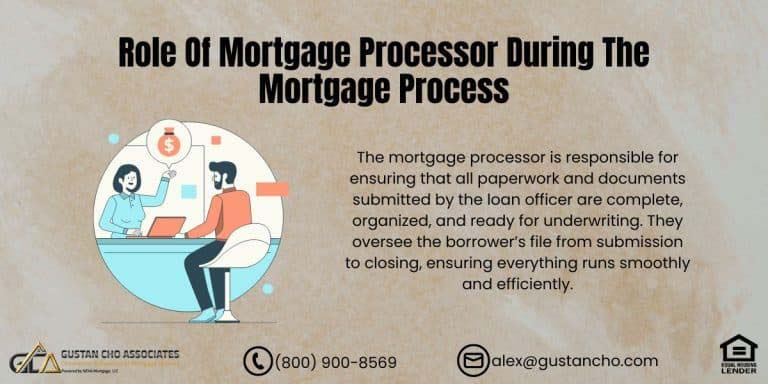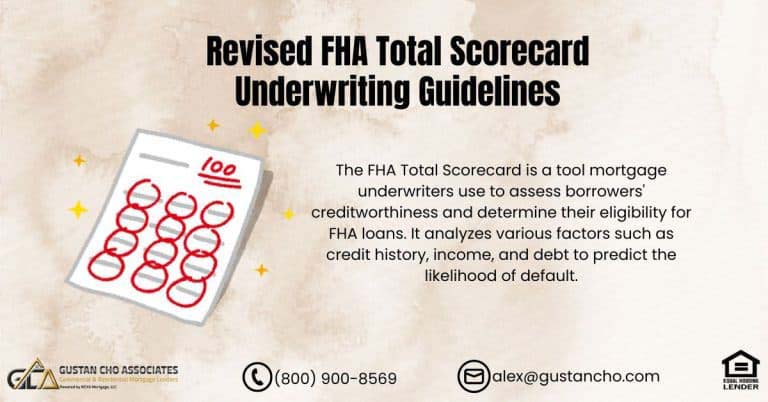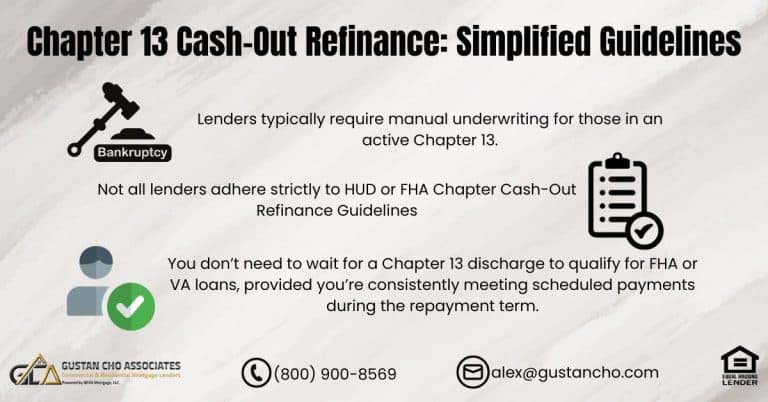This blog will cover closing on your new home in 21 days from application to CTC. Closing on your new home on time is expected for both the home buyer and the sellers. There are many lives affected by a home closing. Buyers and sellers have families. They both need to make plans such as the following:
- Scheduling movers
- Registering their children to their new schools
- Planning on taking time off work
- Making sure that friends and family are available on the closing date if they are planning on moving at the same day as the closing on your new home
In this article, we will discuss and cover lenders that can close on your home In 21 Days With No Overlays.
How Long Does Final Approval Take?
Final approval for a home loan, also known as a “clear to close,” typically takes a few days to a couple of weeks once all necessary documentation has been submitted and reviewed. Here’s a breakdown of the process:
- Pre-Approval: Borrowers usually receive pre-approval based on preliminary information prior to final approval, which speeds up the later stages.
- Loan Processing: During processing, underwriters verify your financial details, property appraisal, and credit history.
- Underwriting: Underwriters might request additional documentation, which could prolong the timeline if not provided promptly.
- Final Approval: The underwriter issues final approval once all conditions are satisfied.
The exact time for loan approval depends on several factors, including lender efficiency, the complexity of your financial situation, and your responsiveness to documentation requests.
Ready to Close on Your New Home in 21 Days? Let Us Help You Get There Fast!
Contact us today to get started and experience a quick, smooth mortgage journey.
What Happens After Initial Closing Disclosure?
After you receive the initial Closing Disclosure (CD) during the home loan process, the following steps typically occur:
- Review Period: You’ll have a mandatory three-business-day review period to go over the CD. This is to ensure that you fully understand the terms and can ask any questions or request clarifications from your lender.
- Final Walkthrough: Often, buyers perform a final walkthrough of the property to verify that it’s in the expected condition and that any agreed-upon repairs have been made.
- Adjustments or Corrections: If you find discrepancies in the CD during the review period, the lender will correct and reissue it. This step can extend the closing process.
- Final Closing Disclosure: The final CD may change slightly from the initial version due to last-minute adjustments (e.g., property taxes or prepaid interest). This final document will be provided before the closing date.
- Closing Meeting: You attend a meeting where you sign all required documents, including the final CD, mortgage, and promissory note. You may also provide any remaining funds needed for closing costs.
- Disbursement: After closing, the lender disburses funds to cover the seller’s payment, and you receive the keys to your new home. The loan becomes active, and your first payment date is specified in the closing documents.
Before Closing on Your New Home
Normally a day or two before closing on your new home, most homebuyers will have a final walkthrough. This final inspection of the home ensures that it is in the same condition as you have seen it before entering into a real estate purchase contract. If there were repairs to be made and negotiated between the homebuyer and home seller, you need to ensure that the repairs have been performed to your satisfaction.
You need to check that items that remain with the home, such as appliances, blinds, drapes, patio furniture, and fixtures, are in working condition. If debris needs to be cleared, ensure it has been done. The final walkthrough should not be done the same day as the closing on your new home if certain repairs need to be made or have not been completed. It is not wise to renegotiate at the closing table on your home closing date. Many closings get delayed or canceled because the home buyer is not pleased with the final walkthrough.
Common Issues and Problems Discovered During Final Home Inspection Prior Closing
Common complaints by buyers during walkthroughs are the following:
- Debris not cleared
- Broken windows and glass
- Appliances not working properly
- Clutter
- Yard not manicured
- The toilet is not in working order
- The garage door is not working
- Other defects to the home
The Home Closing Process
The Home Closing Process is the touchdown of the home buying process. The closing is when the home buyers and sellers gather at the title company, and the transfer of ownership takes place. The lender sends closing docs and the wire of the loan amount. The sellers get the proceeds of the sale, and the home buyers get the keys and paperwork of the ownership of their new home purchase. The transfer from the home seller to the buyer happens at a real estate closing, normally at the title company.
Closing on your new home on time can be done if the borrower works closely with the mortgage loan officer, its processors, and underwriters. The closing usually occurs at a title company or attorney’s office where the buyers, sellers, attorneys, and closer are present. Ownership of the newly purchased home is officially transferred from the seller to the home buyer at the home closing.
Here is what happens on the date of closing
It is at the home closing where the docs from the lender are sent. The lender also sends the wire once all parties sign the closing docs and the lender approves the Closing Statement. Once the wire is sent, the title closing officer will disburse funds, and the seller will get the proceeds from the sale of the home.
There are cases where you can have a real estate attorney act on your behalf if you cannot attend the closing. This usually happens if you are a buyer from out of state or, for one reason or another, you cannot attend the real estate closing. Home sellers do not need to be at the closing unless they want to. Most closings take less than two hours. However, closings may take hours if there are delays when the lender has issues approving the closing docs or delays in sending the wire. Most of the closing paperwork at a home closing is normally done by real estate attorneys, title agents, and closing agents.
Do Lenders Pull Credit on the Day of Closing?
Lenders generally don’t pull a full credit report on closing day. Still, they might conduct a final check or “soft pull” to ensure your financial situation hasn’t changed significantly. This final verification could involve confirming that:
- No New Debts: You have yet to take on any new significant debts, like new credit cards, loans, or major purchases that could affect your debt-to-income ratio.
- No Major Financial Changes: Your employment and income are still stable, without major changes that could impact your ability to repay the loan.
This final review helps lenders confirm that their risk assessment remains accurate before funding the loan. If significant changes are found, they may delay or even deny the loan, so it’s crucial to avoid new debts or major financial changes during the home loan process.
Want to Close on Your Home in 21 Days? We Make It Happen!
You don’t have to wait weeks to close on your new home. Reach out now to get started and close in 21 days or less with our fast and efficient process.
Closing on Your New Home In 21 Days or Less
In most states, the settlement is done by a title agent at the escrow firm. You forward all the materials and information along with the appropriate cashiers’ checks, and the firm will make the necessary disbursements.
The realtor or an officer of the title company will either wire the proceeds to the seller or give them a cashier’s check. The buyer will get the keys, garage door opener, owner’s manuals of appliances, and any other items belonging to the home. Deals outside of closing can be made, such as purchasing lawn and garden equipment and other items.
Qualifying For a Mortgage With a Lender With No Overlays
Gustan Cho Associates is a national mortgage company licensed in multiple states with no lender overlays on government and conventional loans. Gustan Cho Associates has a national reputation for its 21-day closings on most of its mortgage loans. Mike Kortas, President and CEO of NEXA Mortgage, LLC. Our company is comprised of licensed and support personnel. The team at Gustan Cho Associates specializes in the following:
- No overlays on FHA, VA, USDA, and Conventional loans
- 580 FICO credit scores on FHA, VA, and USDA loans
- NON-QM Loans for borrowers one day out of bankruptcy and foreclosure
- Bank Statement Loan Programs
- No Income Verification Loans
- Non-Warrantable Condominiums and Condotel Financing
- 21 Day Closings on most of their loans
- Construction loans
Homebuyers who need a mortgage broker licensed in 48 states with no overlays, please contact us at Gustan Cho Associates at 800-900-8569 or text us for a faster response. Or email us at gcho@gustancho.com.
FAQs: Closing on Your New Home In 21 Days From Application To CTC
- How long does final loan approval take? Final loan approval (“clear to close”) generally takes a few days to weeks after all documentation is submitted. This timeline depends on lender efficiency, the complexity of your financial profile, and how quickly you provide requested documents.
- What happens after receiving the initial Closing Disclosure (CD)? After receiving the initial CD, you have three business days to review the terms and address any concerns. The final walkthrough ensures the property is in good condition and all repairs are done. The final CD is issued before the closing meeting, where you sign documents and finalize the mortgage. Once the lender disburses funds, you receive the keys to your new home.
- Do lenders pull credit on the day of closing? Lenders usually conduct a “soft pull” to confirm that your financial situation hasn’t changed significantly. They ensure no new debt has been acquired and that employment and income remain stable.
- What is the purpose of a final walkthrough? The final walkthrough ensures that the property is in the agreed-upon condition, all negotiated repairs are complete, and included items are functioning properly. Any issues should be resolved before closing.
- How does the home closing process work? At the closing, the buyer, seller, and agents sign the required documents. The buyer pays any remaining closing costs, and the lender disburses funds to the seller. Finally, the buyer receives the keys and ownership paperwork.
- How can Gustan Cho Associates help with closing in 21 days? Gustan Cho Associates specializes in 21-day loan closings with no lender overlays. They offer a range of loan types, from FHA and VA to non-QM and construction loans. Contact them at 800-900-8569 or gcho@gustancho.com.
This blog about Closing on Your New Home In 21 Days From Application To CTC was updated on May 9th, 2024.
Close on Your New Home in Just 21 Days! Let Us Show You How.
Contact us now to learn how we can help you close quickly and easily.










